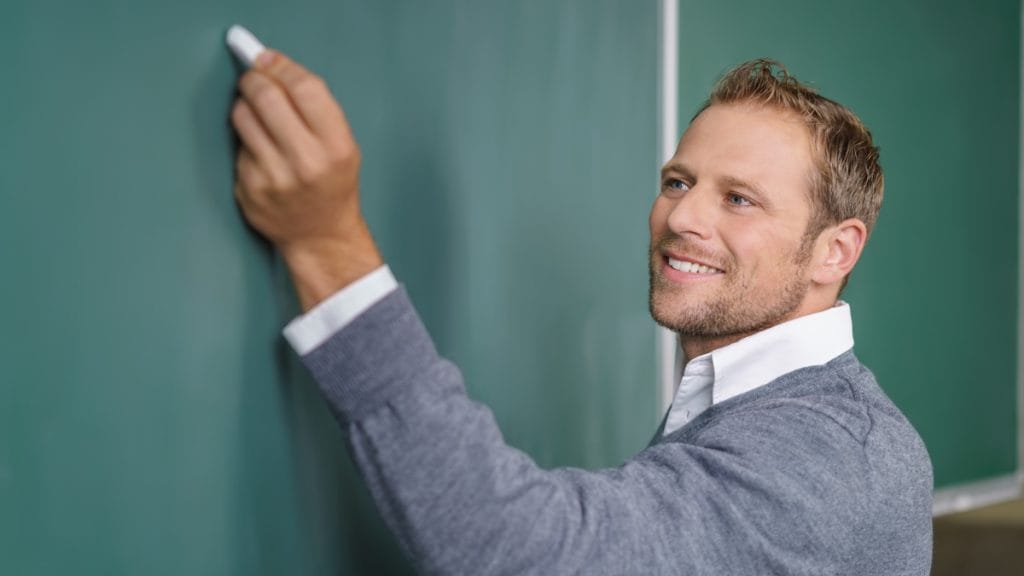Optional studies in different grades
All pupils generally study the same subjects in comprehensive schools, but in certain grades the pupils have a possibility to choose between different subjects. In Kokkola, these selections are made in grades 2, 3, 4, 5, 7 and 8.
Options in the second grade
During the second year of comprehensive school, pupils can apply for a place in a music or mathematics-oriented class that starts in grade 3. The aptitude tests for weighted-curriculum education are organised in the spring, and 24 pupils are chosen for each class. In weighted-curriculum education, optional subjects are included in the lesson hours of the subject studied as weighted-curriculum education.
Options in the third grade
In the third year of basic education, pupils can choose an optional language (A2), which they will start studying in the fourth grade and continue until the end of grade 9. For a language study group to be formed, at least 14 pupils must choose the language in question. For more information on language choices, see guide to choosing an A language (A-kielen valintaopas in Finnish).
During the third year of basic education, pupils make decisions with their guardians concerning the optional subjects they wish to start studying in the fourth grade. In grade 4, the pupils will study two different optional subjects, one in the autumn semester and one in the spring. The City of Kokkola offers a local selection of optional subjects, from which the schools choose each year the ones they will offer.
Options in the fourth and fifth grade
During the fourth and fifth year of basic education, pupils make decisions with their guardians concerning the optional subjects they wish to start studying in the fifth and sixth grade. In grades 5 and 6, the pupils will study two different optional subjects, one in the autumn semester and one in the spring. The City of Kokkola offers a local selection of optional subjects, from which the schools choose each year the ones they will offer.
Transition to the seventh grade and options
The transition to the seventh grade of basic education often means that many things will change in the pupils’ schoolwork. The transition phase brings with it new subjects, such as home economics, new teachers, and to some even a new school. The integrated subject of environmental studies taught in grades 1–6 is divided into physics, chemistry, biology, geography and health education. Crafts will continue as an integrated subject also in grades 7–9.
Pupils in grade 7 will choose the optional subjects they wish to study starting from grade 8. In the seventh grade, the pupils will choose two long optional subjects which they will start studying in grade 8 and continue studying until the end of grade 9. There are also different languages available as the long-term optional subjects. In addition, the pupils will choose two short optional subjects that they will study in grade 8. The City of Kokkola has a consistent selection of subjects available for both long and short-term optional studies. There are also school-specific additions. The optional studies are implemented differently for pupils in weighted-curriculum education.
Options in the eighth grade
In grade 8, pupils will choose two short optional subjects that they will study in grade 9. The City of Kokkola has a common selection of optional subjects available, and there are also school-specific additions. The previously selected long optional subjects will continue until the end of grade 9.
